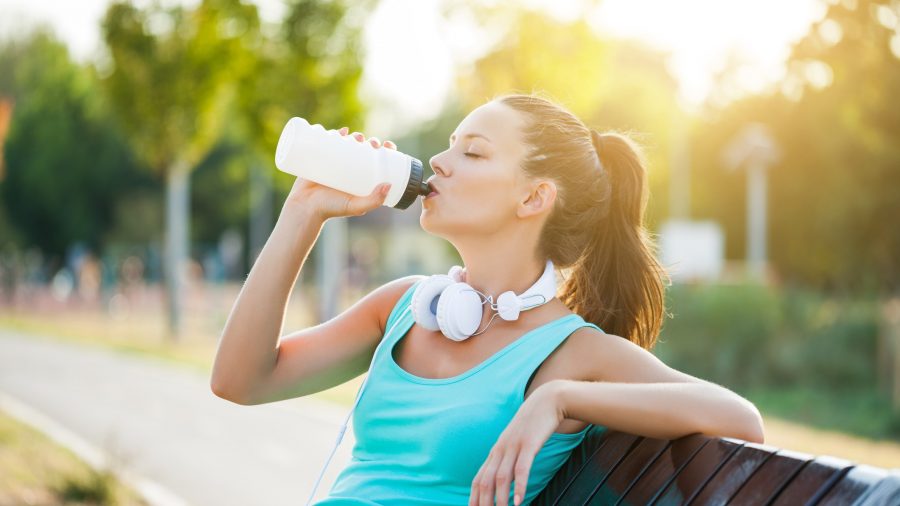Water’s involved in every type of cellular process in your body, and when you’re dehydrated, they all run less efficiently — and that includes your metabolism. Think of it like your car: if you have enough oil and gas, it will run more efficiently. It’s the same with your body.
Even with all we know about Its importance and how it helps our bodies, many people still don’t drink enough. On World water day (22nd March) let us reconnect with the importance of water.
10 key reasons to drink more water to lose weight:
- Water impacts our health at the cellular level, making up at least 70% of each cell and supporting cell structure.
- It is vital to the survival and function of nearly all of the body’s systems.
- Helps regulate our internal body temperature through perspiration and respiration.
- Water helps our bodies break down fats and other lipids through the metabolic process called lipolysis.
- Water transports nutrients in our bloodstream and aids in digestion.
- Water flushes waste out of our bodies.
- Contains zero calories, allowing us to reduce caloric intake when we replace other calorie-containing liquids with water.
- It supports proper brain function.
- Aids in the lubrication of our joints.
- Drinking more water helps us feel full, allowing us to decrease the amount of food we take in without feeling deprived.
How to Know If You’re Dehydrated
Symptoms of dehydration range from mild to more severe, so it’s important to pay attention when you begin to feel thirsty or notice your mouth feeling dry. Even those mild symptoms suggest that you are already dehydrated.
Feeling thirsty, having a dry mouth, lips, and eyes, and using the bathroom less often are some of the most common symptoms of mild dehydration. If not dealt with early on, dehydration can also cause fatigue, irritability, brain fog, constipation, and a rapid pulse.
How Much Water Do I Need to Drink?
An easy trick for getting enough water each day is to take your body weight and divide it by two: That is the minimum number of ounces of water (pure H2O, not tea or coffee or any other water-containing liquids) you should be drinking each day.
It’s also important to note that hydration should be constant—not just at meals and before and after workouts. The goal is to stay hydrated consistently and then to supplement with additional water when you are sweating heavily, spending time in the heat, or exercising.
